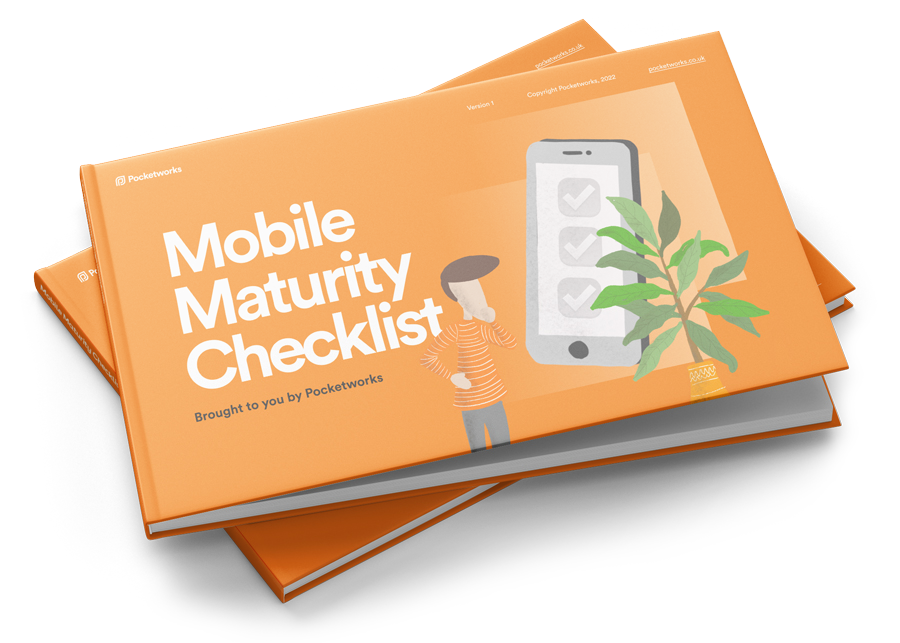For years, dashboards have been the standard interface for accessing and understanding business data. Companies invested heavily in building slick UI layers on top of their data. Teams spent time learning which filters to use and where to click. The idea was to put insights into the hands of non-technical staff.
But something new is on the horizon, something that makes dashboards optional.
It’s called the Model Context Protocol, or MCP.
What is an MCP server?
An MCP server is a connector between your AI Agent and your systems, tools or data. Think of it like a wrapper around APIs and services, allowing AI to discover what’s available and perform actions on your behalf.
So this means that through using natural language you can ask your AI to interact with those systems, tools, and data on your behalf. It enables you to ask questions or give commands in plain English and get the answers or actions you need.
Because an LLM can know who you are, what you're working on, and how your organisation operates. In practice, that means you can skip interfaces altogether.
Instead of logging into a BI tool and clicking through filters, you can say:
- "How did our sales compare to last year?"
- "Show me which areas had unusual performance this month."
- "Send the latest operations report to Sarah and copy the regional managers in."
Behind the scenes, the MCP server pulls the right data, formats it, and performs actions based on your request. It acts as both your data analyst and your assistant.
Why this matters
Dashboards were a leap forward. They gave business users access to data without needing to code. But they still require a cognitive load: people need to know what they’re looking for, where to find it, and how to interpret it.
MCPs eliminate those steps. You simply ask.
These servers combine language models, organisational context, secure data access, and task execution into a single agentic interface. The result?
- Speed: No more waiting on dashboards to load or reports to be built.
- Simplicity: Anyone can use them, regardless of their technical ability.
- Context-awareness: They know your role, your current work, and what matters to you.
- Actionability: They don’t just deliver answers; they complete tasks.
What’s happening in the real world?
This isn’t a theory. Big companies are moving fast.
In May 2025, Microsoft announced MCP support in Windows. Their vision is to let users engage with files, applications, and corporate systems using natural language. No UI required. This brings conversational workflows into everyday tools, making agent-based computing part of the OS experience.
Meanwhile, platforms like ChatGPT, Teams, and Copilot already use similar underlying concepts. They act as a middle layer that bridges user input with organisational data and tools, using secure protocols and contextual awareness.
We're seeing the beginning of a shift where the "app" becomes less relevant. The conversation becomes the interface.
We’ve even adopted MCP servers here at Pocketworks. It helps our team speed up product development by automating the busywork that normally eats up time. Instead of switching between multiple tools, our developers can now stay in their coding environment while the MCP servers do the heavy lifting, pulling in tickets from Linear, matching them with the right designs from Figma, raising GitHub branches and code reviews, and even generating test cases to push into our test management software. It brings all the context together in one place so we can plan, refine, spot edge cases, and get moving faster.
What does this mean for your business?
For business leaders and product owners, this shift opens new doors:
- Accelerated decision-making: Leaders and teams can access and act on data instantly.
- Reduced tool fatigue: Fewer interfaces mean less complexity and fewer user complaints.
- Smarter automation: Routine tasks like report generation, follow-up emails, or cross-system updates can be triggered through simple instructions.
- Lower training overhead: New staff don’t need to learn a maze of systems; they just ask!
Imagine:
- A CFO says, "Summarise our app performance data for Q3 and draft a board update."
- A product manager says, "List customer feedback themes from the last two months and create requirements for our developers for the top issue."
The MCP server handles the rest.

